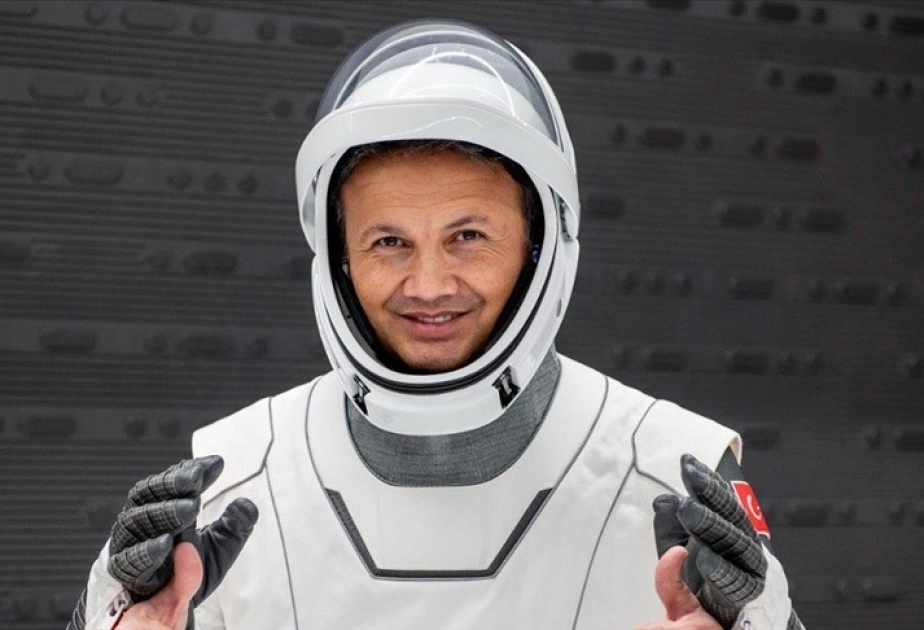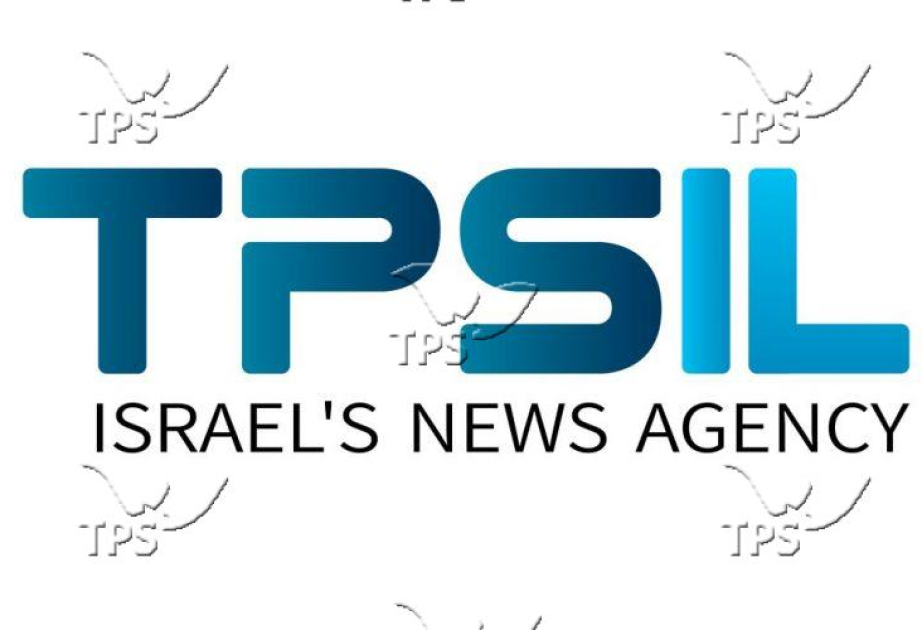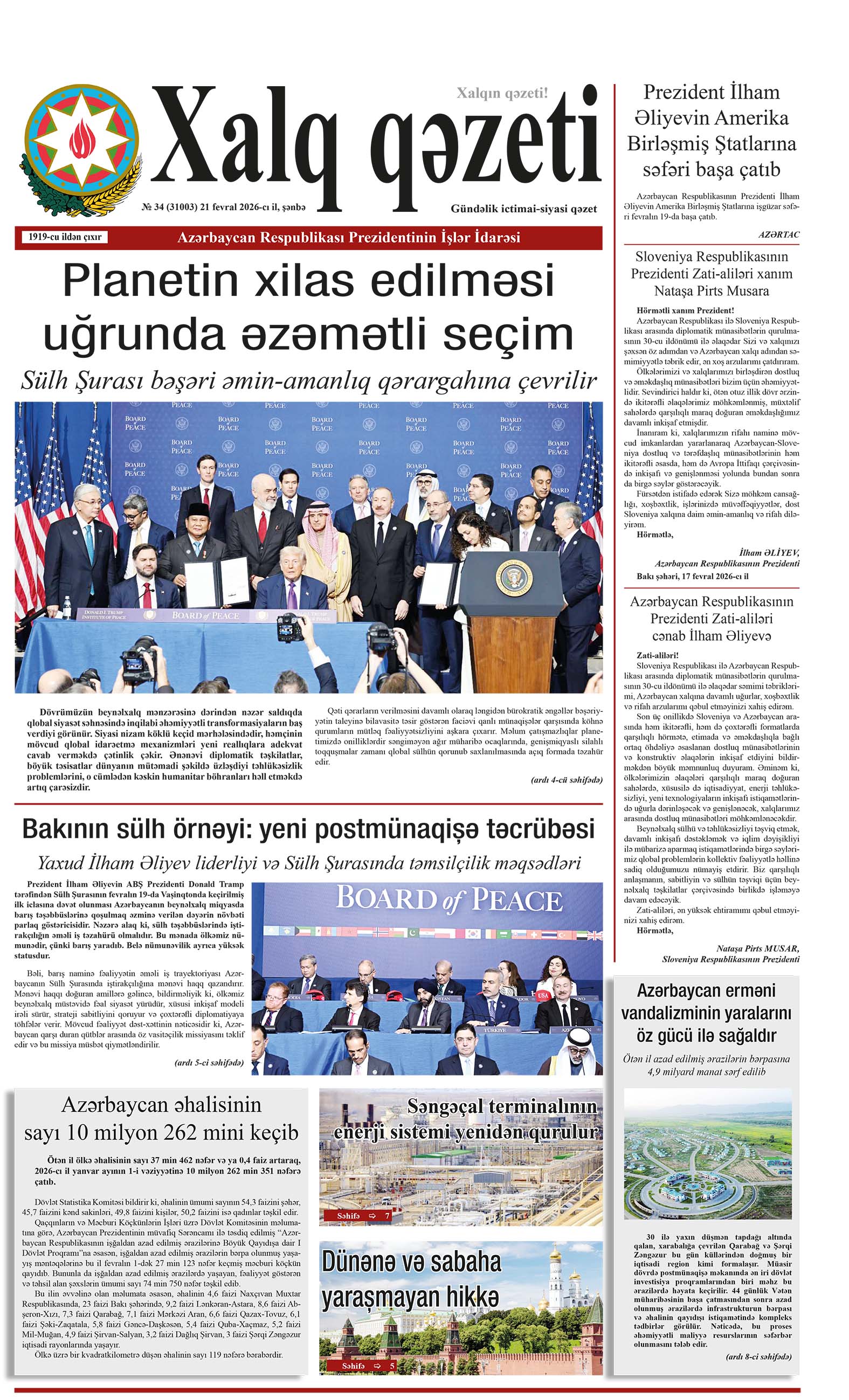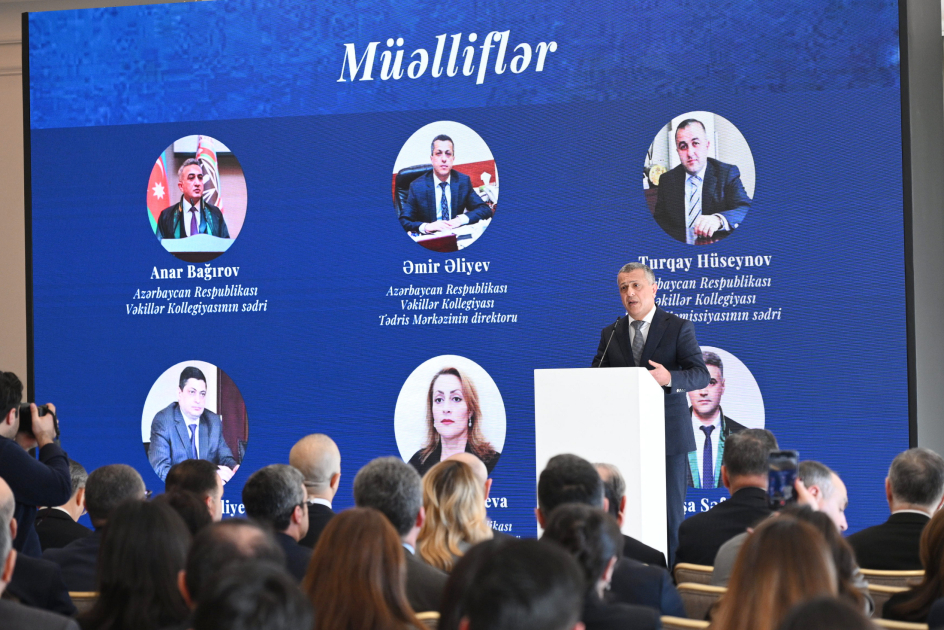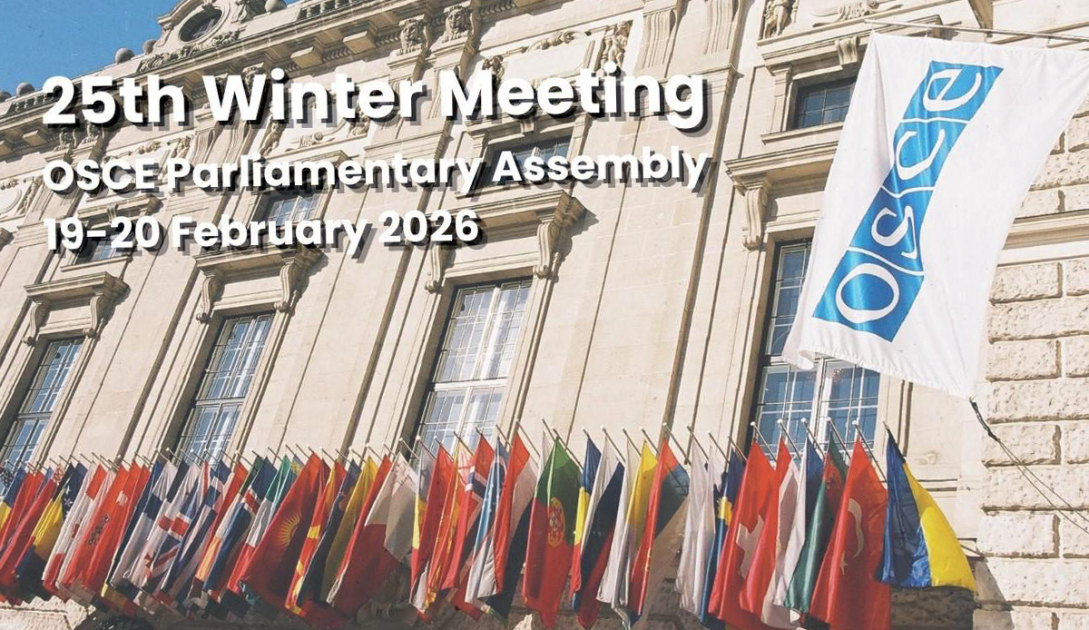Just hours from now, Türkiye's very first space traveler, Alper Gezeravci, is headed to the International Space Station to do more than a dozen scientific experiments over the course of his two-week stay while in Earth orbit, Anadolu Agency reports.
After a Jan. 9 launch date was delayed, the F-16 pilot is scheduled to blast off from the US state of Florida at 1.11 am local time on Thursday (GMT2211 Wednesday) on the Ax3 mission.
Col. Gezeravci is taking in the mission along with a group of Spanish, Italian, and Swedish colleagues.
The international crew is expected to dock with the International Space Station at 1.15 p.m. (GMT1015) on Friday.
During the two-week mission on the space station, Gezeravci will be very busy, as he tackles 13 different scientific experiments on behalf of universities and scientific centers in Türkiye.
Experiments
Gezeravci’s first experiment was developed by the Marmara Research Center of the Scientific and Technological Research Council of Türkiye (Tubitak), based in northwestern Türkiye, to study the production of high-strength alloys resistant to high temperatures.
The second experiment developed by the Marmara center, the gMETAL experiment, will investigate the effects of gravity on the creation of a homogeneous mixture between solid particles and a fluid medium under conditions without a chemical reaction.
An experiment developed by Türkiye's Bogazici University with the Marmara center seeks to carry out growth and endurance tests of microalgae species adapted to harsh earthly conditions under non-gravity conditions, to examine their metabolic changes, determine their carbon dioxide capture performance and oxygen production capabilities, and develop a life support system.
The Extremophyte project, developed by Ege University in the Aegean city of Izmir, Türkiye, seeks to reveal the transcriptome by next generation sequencing in plants grown in space and on earth which are exposed to salt stress, and to compare some physiological and molecular responses of glycophytic and halophytic plants to salt stress in microgravity.
The Metabolom experiment from Ankara University in the Turkish capital aims to explore the negative effects of space conditions on human health. To curb these effects, it will examine the physiological and biochemical changes in gene expression and metabolism of astronauts taking part in space missions.
The Myeloid experiment developed by Ankara’s Hacettepe University aims to measure and evaluate the travel and space conditions and cosmic radiation damage that space mission participants are exposed to immunologically at the level of myeloid-derived suppressor cells.
The Message experiment, developed by Istanbul’s Uskudar University using CRISPR gene engineering methods, seeks to identify genes whose function has not yet been discovered and to determine which immune cells will be directly affected by gravity during space missions.
With the Miyoka experiment from the Tubitak Space Technologies Research Institute, Gezeravci will assemble lead-free components on an electronic card in the station, and later back on Earth subject them to detailed examination, testing the effects of microgravity on the lead-free soldering process.
The Turkish Space Agency was established in 2018 and announced its space program in 2019, as well as its intention to send a crewed mission into space.
This Tuesday, Erdogan also stressed the significance of the Ax3 mission, both as a scientific endeavor and as a source of inspiration for children and young people.
Erdogan voiced hope that the mission “would be a new beginning,” adding: “We will continue this mission. We will always aim higher.”


